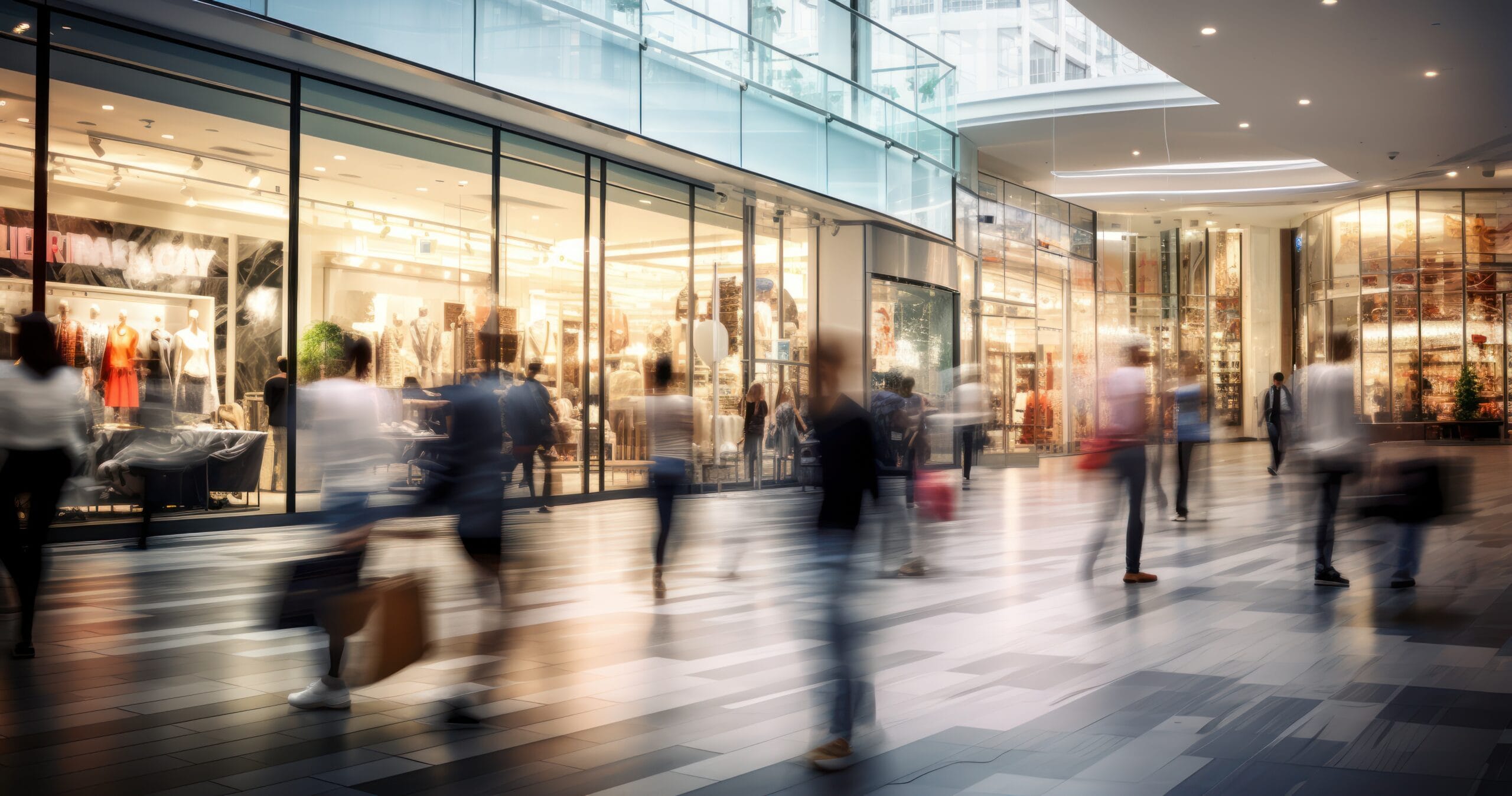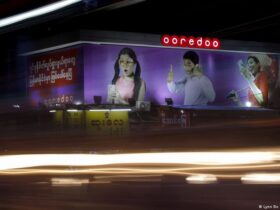Does the normalization of inflation also bring about a normalization of consumer sentiment? The new focus study by IFH Förderer investigates this question with two consumer surveys in Germany and comes to the conclusion: Yes – the economic uncertainty of consumers has decreased in summer 2024 compared to autumn 2023.
This is also reflected in purchasing behavior: people are paying less attention to offers (2023: 83%; 2024: 79%) and are buying more spontaneously again (2023: 67% fewer spontaneous purchases; 2024: 63%).
Nevertheless, German retail is still in crisis mode, but can now benefit from less pronounced price awareness and more impulsive and spontaneous consumer behavior.
“The crisis mood is brightening – slowly but noticeably. This naturally influences how, what and where things are bought and what becomes consumer trends. These are not just hypes like Temu or Shein, whose future importance will now also be determined by politics, but also new technologies, sustainability and above all the ‘wow factor’, the experience,” says Prof. Dr. Werner Reinartz from the University of Cologne, director of the IFH Förderer and author of the study.
In Germany, a country with a traditionally strong focus on price, in October 2023 the majority considered themselves rational and structured consumers (68%) and around a third (32%) considered themselves emotional and spontaneous buyers. According to the study, in summer 2024 the majority still belonged to the rational-structured (65%); but now more people consider themselves emotional buyers (35%). The share of spending made on impulsive and spontaneous purchases has thus increased significantly in the past ten months and now stands at a sales volume of 204 billion euros – an increase of 23 billion euros compared to October 2023. The group of rational and structured buyers lost eight billion euros in sales during this period.
For retailers, the reduced focus on price and the increase in emotional types of shoppers who like to be inspired are creating new potential in various areas. This not only affects the design of the shopping location – whether online through an appealing customer journey and a well-curated range or stationary through digital services such as self-scanning checkouts. Sustainability as a business model (second hand) or service (repairs, rentals) can also become an added-value experience factor.
“Competition is getting tighter and tighter, making it all the more important for retailers to differentiate themselves. Whether it’s a café in a brick-and-mortar store with a play area for children or a technically appealing and uncomplicated, fully automated payment process at the point of sale – a good shopping experience stays in the mind,” says Prof. Dr. Werner Reinartz.






Leave a Reply